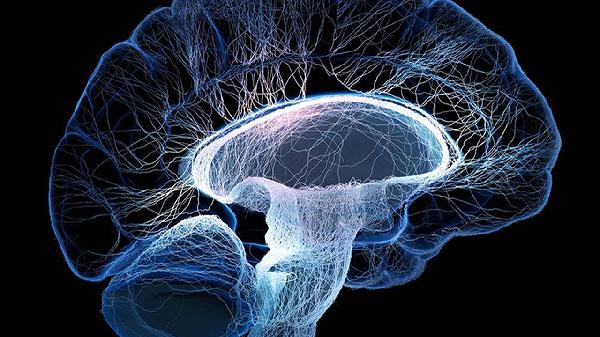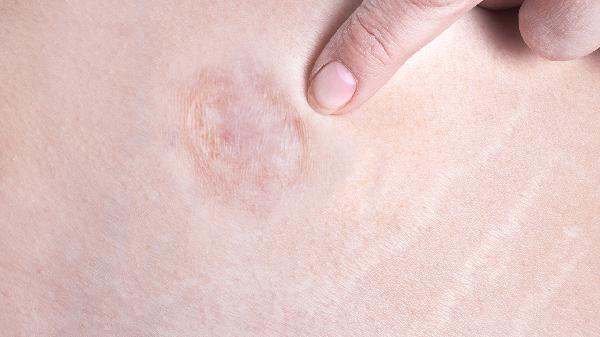Breakups hit the brain like a wrecking ball—literally. Neuroscience shows that getting dumped or ending a relationship doesn’t just mess with your heart; it rewires your brain in ways that mimic physical pain, addiction withdrawal, and even grief. So if you’ve ever felt like a breakup left you physically sick or emotionally wrecked, science says that’s not just drama—it’s biology.

Your Brain on Heartbreak: The Pain Is Real
Ever heard someone say, “It hurts like a physical wound”? Turns out, they weren’t exaggerating. Brain scans reveal that the same regions lighting up when you stub your toe or burn your hand also activate during emotional pain. The anterior cingulate cortex—your brain’s alarm system for distress—goes into overdrive, making heartbreak feel like an actual injury. That’s why you might clutch your chest or feel a pit in your stomach—your brain is processing loss like a threat.
The Love Drug Withdrawal
Romantic love is basically a chemical addiction. When you’re in a relationship, your brain floods with dopamine (the “feel-good” hormone) and oxytocin (the “cuddle chemical”). Breakups cut off that supply, leaving your brain scrambling like a caffeine addict on day one of no coffee. Cravings for your ex? That’s your reward system misfiring, desperately seeking another hit of those love hormones. No wonder late-night texts and nostalgia binges feel so hard to resist.
Why You Can’t Stop Thinking About Them
Ever replay every conversation, dissect old texts, or obsess over what went wrong? Blame your brain’s habit of treating love like a survival need. The ventral tegmental area (VTA), which controls motivation and focus, goes haywire post-breakup, fixating on your ex like a broken record. It’s not you being “weak”—it’s your primitive brain convinced you need this person to survive.
The Grief Connection
Losing a relationship triggers the same neural pathways as mourning a death. The brain’s prefrontal cortex—responsible for rational thought—takes a backseat, while the amygdala (your emotional command center) goes into overdrive. That’s why logic flies out the window, and you might swing between anger, sadness, and denial. Grieving a breakup isn’t melodrama—it’s your brain recalibrating to a new reality.
How to Hack Your Post-Breakup Brain
Good news: Neuroplasticity means your brain can heal. Here’s how to speed up the process:
Bottom line? A breakup isn’t “all in your head”—it’s a full-brain event. But just like any injury, with the right care, you’ll heal stronger. And yeah, science says ice cream helps too. (Okay, fine, we made that last part up—but serotonin boosts are real.)
























